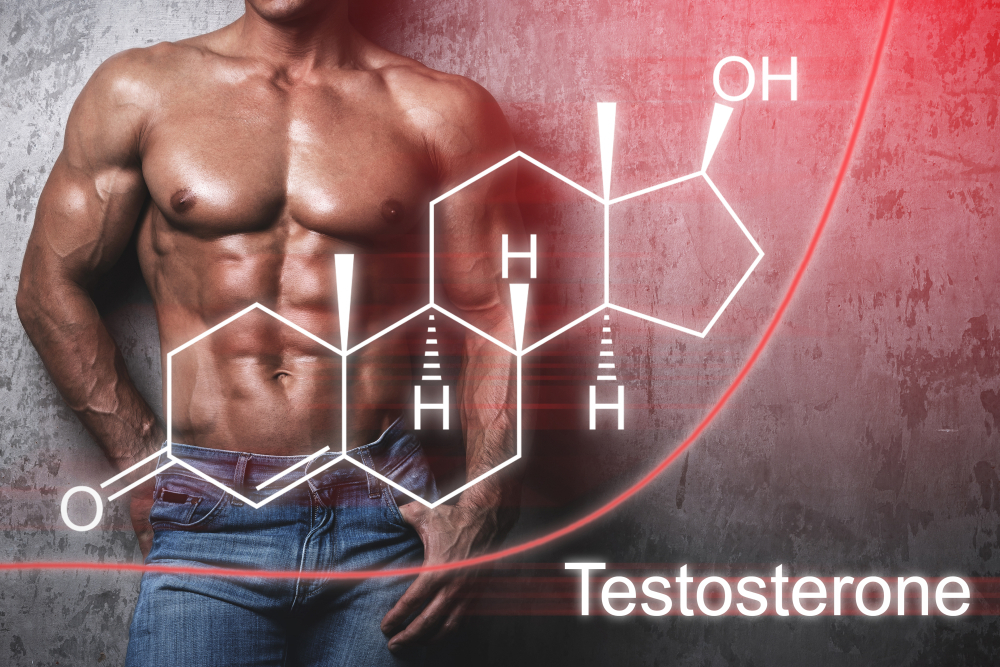Abstract
Based on in vitro studies and short-term in vivo studies, all mercurials were for a long time considered as prototypic immunosuppressive substances. Recent studies have confirmed that organic mercurials such as methyl mercury (MeHg) and ethyl mercury (EtHg) are much more potent immunosuppressors than inorganic mercury (Hg). However, Hg interacts with the immune system in the presence of a susceptible genotype to cause immunostimulation, antinucleolar antibodies targeting fibrillarin, and systemic immune-complex (IC) deposits, a syndrome called Hg-induced autoimmunity (HgIA). Recent studies in mice with a susceptible genotype has revealed that the immunosuppressive effect of MeHg and EtHg will within 1–3 weeks be superseded by immunostimulation causing an HgIA-like syndrome. At equimolar doses of Hg, MeHg has the weakest immunostimulating, autoimmunogen, and IC-inducing effect, while the effect of thimerosal is similar to that of inorganic mercury. The immunosuppression is caused by the organic mercurials per se. Since they undergo rapid transformation to inorganic Hg, studies are being undertaken to delineate the importance of the organic substances per se and the newly formed inorganic Hg for induction of autoimmunity.


